
1730 Jesuit House Museum
Explore one of the Philippines' oldest houses, a former Jesuit mission offering a glimpse into 18th-century Cebuano life and history.
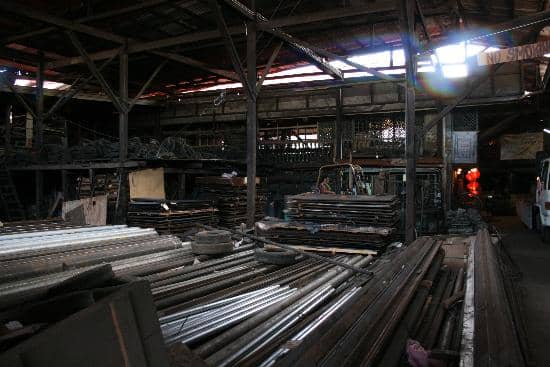
Highlights
Must-see attractions

Social
From TikTok & Reddit
Best Time
Fewer crowds, more personal tour

1730 Jesuit House Museum
Best Time
Fewer crowds, more personal tour

Highlights
Must-see attractions
Explore one of the Philippines' oldest houses, a former Jesuit mission offering a glimpse into 18th-century Cebuano life and history.
"Essential guided tours bring the history of this 1700s house to life, revealing fascinating local origins. "
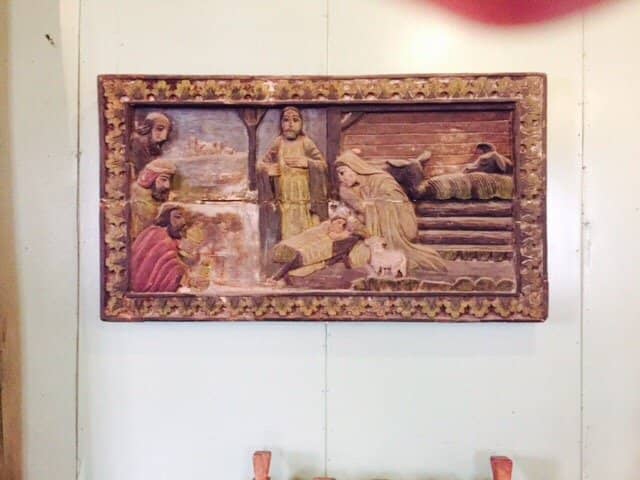
Look for the Warehouse Entrance
Google Maps might lead you to a warehouse; the museum entrance is within.
Student Tour Guides
Guides are often tourism students, offering unique insights.
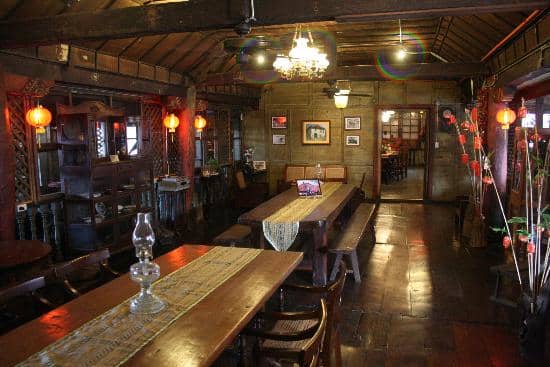
Highlights
Discover the most iconic attractions and experiences
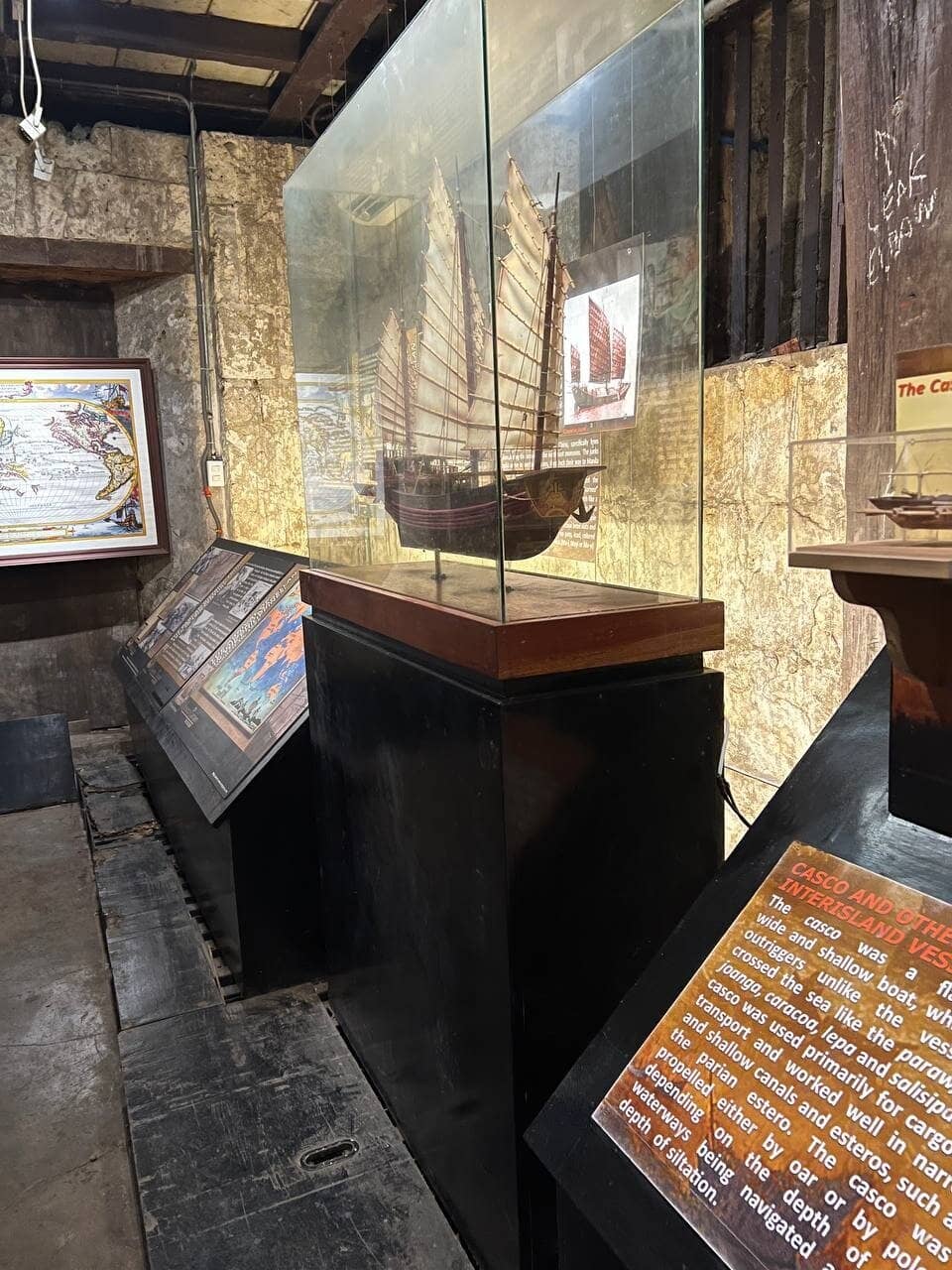
The 1730 Jesuit House
Parian, Cebu City
Explore one of the oldest houses in the Philippines, a former Jesuit mission house with original 1700s infrastructure.
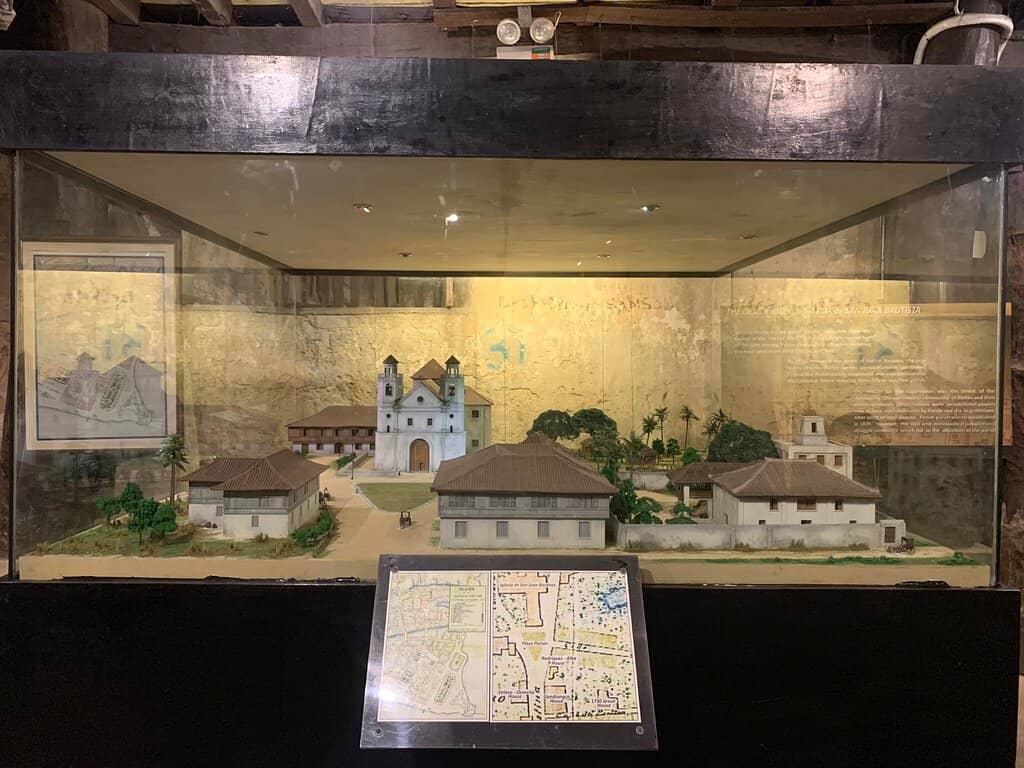
Origin of 'Gi-atay'
Uncover the fascinating historical origin of the Cebuano curse word 'gi-atay' during your guided tour.
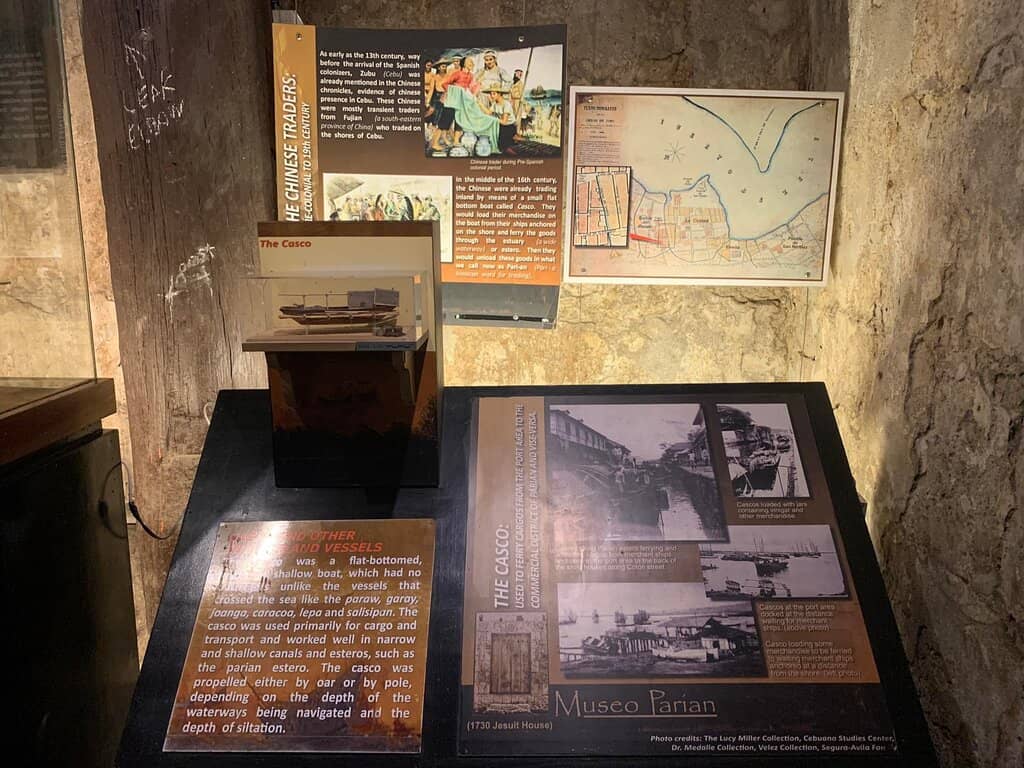
Jesuit Mission History
Learn about the Jesuits' significant mission work in the Philippines within a dedicated room.
Plans like a pro.
Thinks like you
Planning Your Visit
Navigating the Entrance
Embrace the Guided Tour
Best Times
Insider Tips
from TikTok, Instagram & Reddit
1730 Jesuit house/Museo de Parian - Cebu City
Look for the Warehouse Entrance
Google Maps might lead you to a warehouse; the museum entrance is within.
Student Tour Guides
Guides are often tourism students, offering unique insights.
Historical places or something na naay mga artifacts.
Bring Water
It can get hot and humid inside, so stay hydrated.
Combine with Yap-San Diego
Visit the nearby Yap-San Diego Ancestral House for a historical tour.
Tips
from all over the internet
Look for the Warehouse Entrance
Google Maps might lead you to a warehouse; the museum entrance is within.
Student Tour Guides
Guides are often tourism students, offering unique insights.
Bring Water
It can get hot and humid inside, so stay hydrated.
Combine with Yap-San Diego
Visit the nearby Yap-San Diego Ancestral House for a historical tour.
No Parking Available
Take a taxi or Grab car; parking is limited.
What Travellers Say
Reviews Summary
Visitors find the 1730 Jesuit House Museum to be a historically significant site, especially appreciating the guided tours that reveal fascinating details about Cebu's past. The unique entrance through a warehouse and the warm climate are noted drawbacks, but the historical value and the insights gained make it a worthwhile visit for history enthusiasts.
"At first, we hesitated to go inside since we were greeted by what looked like a warehouse rather than a museum. It turns out the entrance is currently being used as storage by the owner of the Jesuit House.
We paid 50 pesos each (student rate) and were immediately accompanied by a tour guide. This was the very first museo I’ve visited that didn’t even ask if we wanted one—having a guide is simply part of the experience. I realized firsthand how essential they are in making the visit truly worthwhile, because I had always wanted to just tour around on my own as I can be awkward around them. But this changed my preference (well, only if I’m also with someone else haha).
Inside, you’ll be engrossed by the treasured pieces left behind by the house’s past owners. My highlight of the visit was finally learning the origin of the curse word “gi-atay,” a term I’d always known but never fully understood until this tour."
Princess Cabalhug
"2nd time to be here. This time on a guided tour. They also have a small airconditioned cafe where you can relax after the tour. Most of the infrastructure were still from the origininal 1700s house. The place was bought to be used as a warehouse but it was later discovered that the old house inside was from the 1700s making it one of the oldest house in the country. You can go back and read the posts after the tour if you want check on specific details. The place is not packed with antiques unlike the Yap ancestral house. The owner has a collection of ball pythons also!"
maurice jose alcantara
"Formerly used as Jesuit mission house. After paying the entrance fee. A guide, who was a student studying tourism proceeded to walk me through the museum in about 2 minutes, without really explaining anything. Clearly she was in a rush and I just said I would go at my own pace through the museum when she finished her tour.
Inside you'll find an entire floor dedicated to the history of Cebu and a room dedicated to Jesuits and their mission in Philippines. The upper floor is mostly collections of items belonging to the present owners, who own the building along with the metals business. Clearly the family were of Chinese origin judging from the items. I thought the displays were okay and the information a bit too dense, especially when you have to read it in hot and humid conditions."
Chung H
What People Like
What People Dislike
Frequently Asked Questions
🚇 🗺️ Getting There
The museum is located in Parian, Cebu City. It's best to take a taxi or a Grab car as parking is very limited. Be aware that Google Maps might direct you to the entrance of a warehouse, as the museum is situated within the Ho Tong Hardware company premises.
While direct public transport routes might be complex, you can likely reach the general Parian area via jeepney or bus and then take a short taxi or tricycle ride to the museum. It's advisable to confirm local routes with your accommodation.
Look for the Ho Tong Hardware company. The entrance to the 1730 Jesuit House Museum is located within this business.
The museum is in the Parian district, known for its historical significance. It's also close to other ancestral houses like the Yap-San Diego Ancestral House, making it easy to navigate the area.
Yes, you should be able to easily hail a taxi or book a Grab car from the vicinity of the museum, especially since it's located within a commercial area.
🎫 🎫 Tickets & Entry
Admission is typically around 50 pesos for regular visitors and there might be a student rate available. It's always a good idea to check for any updated pricing upon arrival.
Advance booking is generally not required for the 1730 Jesuit House Museum. You can usually purchase tickets upon arrival.
Opening hours can vary, but it's typically open during regular business hours on weekdays and Saturdays. It's recommended to confirm the exact hours before your visit, especially if you plan to go on a Sunday or holiday.
Yes, a guided tour is often an integral part of the experience and is usually included with your admission fee. The guides are typically tourism students who provide valuable historical context.
While you can choose to go at your own pace after the initial guided tour, it's highly recommended to take advantage of the guide's knowledge to fully appreciate the historical significance of the house and its artifacts.
🎫 🧭 Onsite Experience
You'll see preserved infrastructure from the 1700s, learn about the Jesuits' mission in the Philippines, and discover the origin of the Cebuano word 'gi-atay'. The upper floor showcases collections from the current owners' family.
Air-conditioning is limited, primarily found in a small cafe area. The main museum spaces can be quite warm and humid, especially during hotter months.
The house itself, with its original 1700s structure, is a significant artifact. You'll also find items related to the Jesuit mission and the history of the families who owned the house.
While children can visit, the historical information might be dense for younger ones. The guided tour format can help keep them engaged, but it's best suited for those with an interest in history.
A guided tour usually takes about 2 minutes to 30 minutes, depending on the guide and your pace. You can spend additional time exploring specific exhibits or revisiting areas.
🍽️ 🍽️ Food & Dining
Yes, there is a small, air-conditioned cafe where you can relax after your tour. It's a good spot to cool down and perhaps grab a refreshment.
The cafe typically offers refreshments and light snacks. Specific menu details may vary, but it's a convenient place to take a break.
The museum is located in a commercial area of Cebu City, so you'll find various local eateries and restaurants within a short walking distance or a quick ride away.
It's generally not recommended to bring outside food and drinks into historical sites like museums to preserve the artifacts and maintain the ambiance. The on-site cafe is available for refreshments.
Exploring the Parian district will lead you to many local eateries offering Filipino cuisine. Ask your guide for recommendations on authentic Cebuano dishes.
📸 📸 Photography
Photography is generally allowed inside the museum, but it's always best to check for any specific restrictions on flash photography or certain exhibits.
The preserved architecture of the 1700s house, the historical artifacts, and the displays related to the Jesuit mission offer great photographic opportunities.
Morning visits might offer softer lighting. However, the interior lighting conditions will also play a role, so be prepared to adjust your camera settings accordingly.
Photography of the current owners' collections is usually permitted, but it's courteous to be mindful of other visitors and the general rules of the museum.
Drone photography is highly unlikely to be permitted within the museum premises or the surrounding commercial area due to safety and privacy regulations.
For Different Travelers
Tailored advice for your travel style
👨👩👧 Families with Kids
While the museum itself might not have dedicated play areas, the experience of exploring an old house and learning about its stories can be captivating. The unique origin of the word 'gi-atay' might also be a fun fact for kids to remember. Remember to bring plenty of water, as the climate inside can be warm, and plan for a shorter visit if needed to keep younger ones comfortable. Combining the visit with the nearby Yap-San Diego Ancestral House can create a more comprehensive historical outing for the family.
🏛️ History Buffs & Culture Enthusiasts
The guided tours are particularly valuable for history enthusiasts, as they delve into the specific historical context, the Jesuit mission, and even the etymology of local terms like 'gi-atay'. The museum's location in the historic Parian district also allows for easy exploration of other heritage sites, such as the Yap-San Diego Ancestral House, creating a rich cultural immersion experience.
Deep Dives
In-depth insights and expert knowledge
The History of the 1730 Jesuit House
Interestingly, the house was once slated to be used as a warehouse by the Ho Tong Hardware company. However, during renovations or preparations for its new use, the historical value of the old house within was recognized. This led to its transformation into a museum, safeguarding a piece of Philippine heritage. The current owners, who also run the hardware business, have maintained the house and its contents, allowing the public to experience its historical ambiance.
Visitors often remark on the essential role of the guided tour in understanding the house's significance. Guides, frequently tourism students, share stories about the Jesuits' mission in the Philippines and the lives of the families who resided there. One particularly memorable aspect for visitors is learning the origin of the Cebuano curse word, 'gi-atay', a detail that adds a unique cultural layer to the visit.
Navigating the Entrance and On-Site Experience
Once inside, the experience is greatly enhanced by the guided tours. These tours are often led by enthusiastic tourism students who provide detailed explanations of the house's history, its former inhabitants, and the significance of the artifacts on display. While the tour itself might be brief, the information shared is crucial for appreciating the nuances of the house. Be prepared for the climate; the museum can be hot and humid, as air-conditioning is limited to a small cafe area. Bringing water is highly recommended to stay comfortable during your exploration.
The museum's collection is not as vast as some other ancestral houses, focusing more on the historical context and the stories behind the objects. Visitors can revisit exhibits after the tour to absorb more details. The presence of the owner's collection, including ball pythons, adds an unexpected element to the visit.




Social
from TikTok, Instagram & Reddit